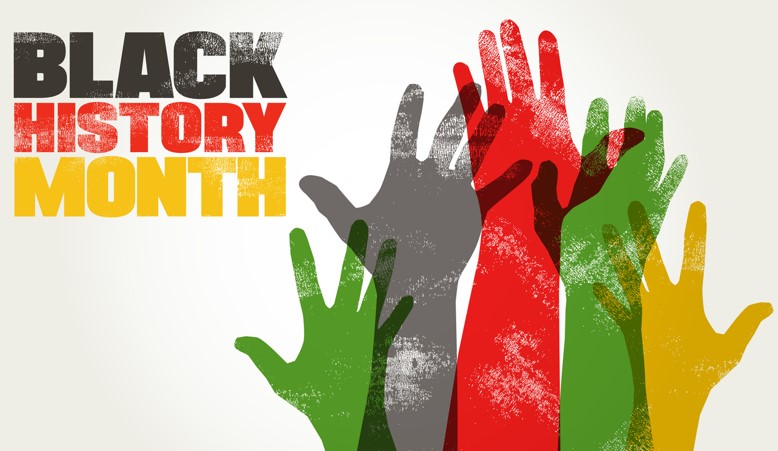February 1 2024
February 1 marks the start of Black History Month. Rosemary Sadlier, president of the Ontario Black History Society, introduced the idea of having Black History Month celebrated across Canada to Jean Augustine, the first Black Canadian woman elected to Parliament. Augustine’s motion passed unanimously in 1995, making February 1996 the first national declaration of Black History Month in Canada.
“The National Union of Public and General Employees (NUPGE) celebrates the contributions of Black Canadians in all facets of Canadian society, today and in the past, including to the union movement in our country. As we honour people of African descent, and the liberation movements they led in history, we remain committed to eliminating all forms of anti-Black racism and discrimination at home and around the world.” — Jason MacLean, Secretary -Treasurer, NUPGE
Black leaders in labour history
Senator Wanda Thomas Bernard: In 2016, Wanda Thomas Bernard became the first African Nova Scotian woman to be appointed to the Senate of Canada, where she continues her lifelong fight for social and racial justice. A proud social worker, Senator Bernard founded the Association of Black Social Workers in 1979. In 1990, Senator Bernard became a professor at the Dalhousie School of Social Work. And in 2017, she became the first African Canadian to be appointed Professor Emeritus in the School of Social Work.
Order of Sleeping Car Porters: One of the only professions Black men were allowed to work in, sleeping car porters faced gruelling working conditions for low pay and frequent discrimination at work. Prohibited from joining the Canadian Brotherhood of Railroad Employees by a “whites only” clause, porters John Arthur Robinson, J.W. Barber, B.F. Jones and P. White formed the Order of Sleeping Car Porters, the first Black labour union in North America, in 1917. Despite racism and anti-union sentiment from the employer, porters succeeded in unionizing in 1942 and signed their first collective agreement in1945.
Bromley Lloyd Armstrong: A trade unionist and leader with the United Automobile Workers, Bromley Armstrong was dedicated to advancing racial equality and advocating for human rights reforms in public policy. In addition to his work in the labour movement, Armstrong was a pivotal figure in the 1954 sit-ins in Dresden, Ontario, that led to Canada’s first anti-discrimination laws. Armstrong also founded several organizations, including the Urban Alliance on Race Relations, Black Business and Professional Association, Canadian Ethnocultural Council, Jamaican Canadian Association, and National Council of Jamaicans and Supportive Organizations in Canada.
Black history in action
In 2020, a class action lawsuit was filed in the Federal Court of Canada on behalf of Black Canadians. The lawsuit is seeking long-term solutions to permanently address systemic racism and discrimination in the Public Service of Canada.
It is directed at self-identifying Black individuals who applied for employment with the Public Service of Canada and were denied entry based on their race, and those who were employed, but were denied promotions based on their race. This includes current employees and those who have been employed within the past 52 years. Damages include the wrongful failure to promote, intentional infliction of mental suffering, constructive dismissal, wrongful termination, negligence, and, in particular, violations of employment law, human rights law, and Charter breaches.
In November 2023, the National Union of Public and General Employees (NUPGE) donated $150,000 to assist the organizers with the class action.
To date, the federal government has already spent more than $7.8 million to challenge the class action and has filed a court motion calling on a judge to dismiss the lawsuit. On December 14, 2023, the Government of Canada announced that it will recognize Black people as an employment equity group in the Employment Equity Act, accepting the recommendations from the Employment Equity Act Review Task Force report.
We strongly encourage the federal government to shift its focus from fighting Black employees to investing in effective solutions to combat discrimination.

